trending
neon
Cirque du Soleil offers summer ticket deals
dining out
Celebs ditch the Strip for iconic Henderson restaurant
july 
trending
neon
Cirque du Soleil offers summer ticket deals
dining out
Celebs ditch the Strip for iconic Henderson restaurant
july 
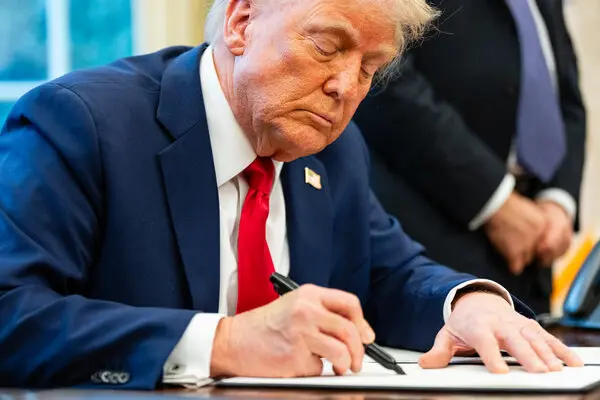
The Trump administration has introduced new investment restrictions to protect U.S. businesses and national security. The policy focuses on limiting foreign investments in key industries, especially from adversarial nations like China and Russia, while encouraging domestic economic growth




In a move to strengthen national security and economic independence, the Trump administration has announced a set of new investment restrictions, aimed at limiting foreign control over critical American industries. These restrictions are primarily focused on technology, manufacturing, infrastructure, and national defense sectors.
The new policy will expand the role of the Committee on Foreign Investment in the United States (CFIUS), ensuring stricter oversight on foreign acquisitions. It specifically targets nations that pose economic or security risks, including China, Russia, and other strategic competitors.
Strengthening National Security
Protecting U.S. Jobs & Economy
Targeting Investments from Adversarial Countries
Encouraging Allied Investments
The new restrictions are expected to reduce overall foreign direct investment (FDI) in the U.S., especially in high-tech industries.
The policy could lead to increased tensions between the U.S. and nations affected by the restrictions, potentially triggering retaliatory investment bans or trade disputes.
China’s Ministry of Commerce has strongly opposed the restrictions, calling them "discriminatory and protectionist." Officials warned of economic consequences and potential trade countermeasures against U.S. firms operating in China.
Russian economic officials criticized the policy, arguing that the U.S. is weaponizing investment laws to control global trade and limit economic competition.
The Trump administration has introduced new investment restrictions to protect U.S. businesses and national security. The policy focuses on limiting foreign investments in key industries, especially from adversarial nations like China and Russia, while encouraging domestic economic growth
the latest

CFIUS Tightens Rules on Foreign Investments in the U.S
The Committee on Foreign Investment in the United States (CFIUS) has introduced stricter regulations targeting investments from specific countries, citing national security concerns
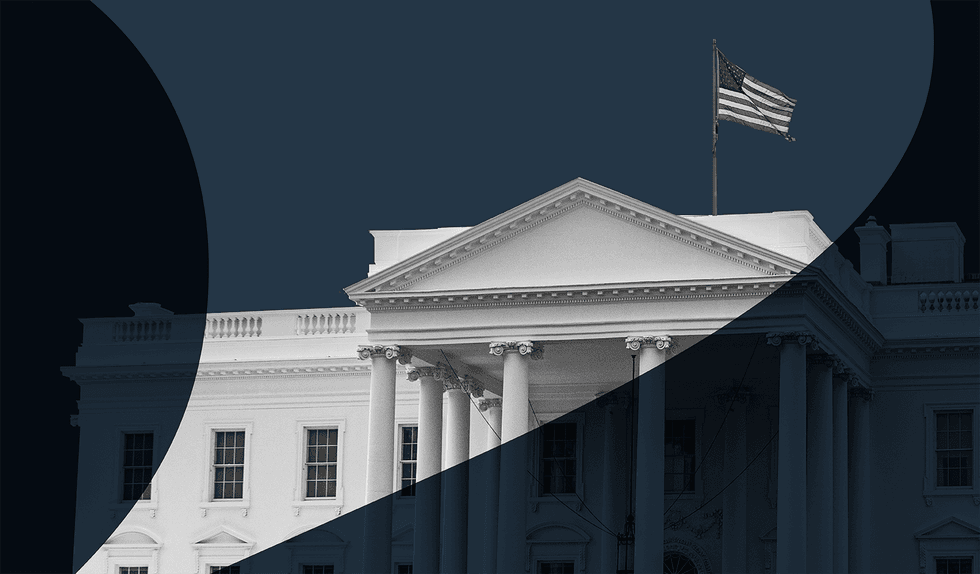
White House Releases 'America First Investment Policy' Memo
The White House has unveiled its latest initiative, the 'America First Investment Policy' memo, outlining strategies to attract foreign capital while prioritizing domestic industries. The policy aims to enhance job creation, boost American businesses, and redefine trade relations to favor U.S. economic interests
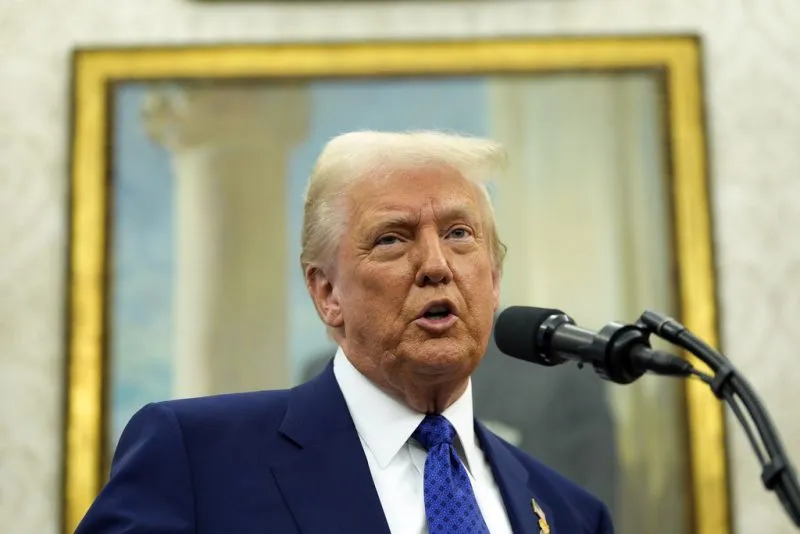
Trump's Tariffs Unleash Investor Uncertainty: Next Steps
Former President Donald Trump's latest round of tariffs has sent shockwaves through global markets, leaving investors grappling with increased uncertainty. With businesses facing higher costs and trade tensions escalating, analysts weigh in on the long-term implications for industries, financial markets, and economic stability
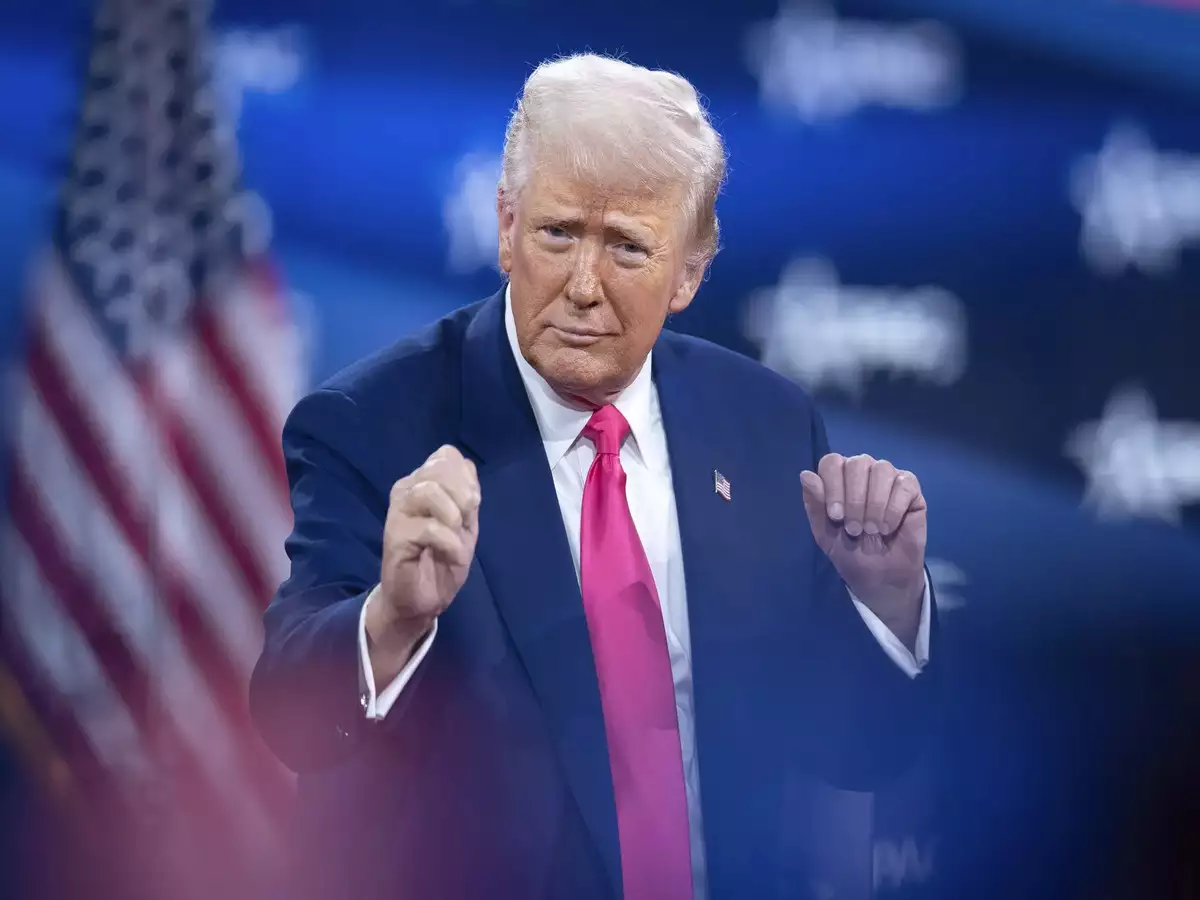
Trump's Red Carpet Plan for Wealthy Foreign Investors
Former President Donald Trump is pushing a new visa policy that offers wealthy foreign investors a fast-tracked path to U.S. residency. The plan, dubbed the "Gold Card" visa, requires a $5 million investment in key industries but faces criticism for favoring the ultra-rich
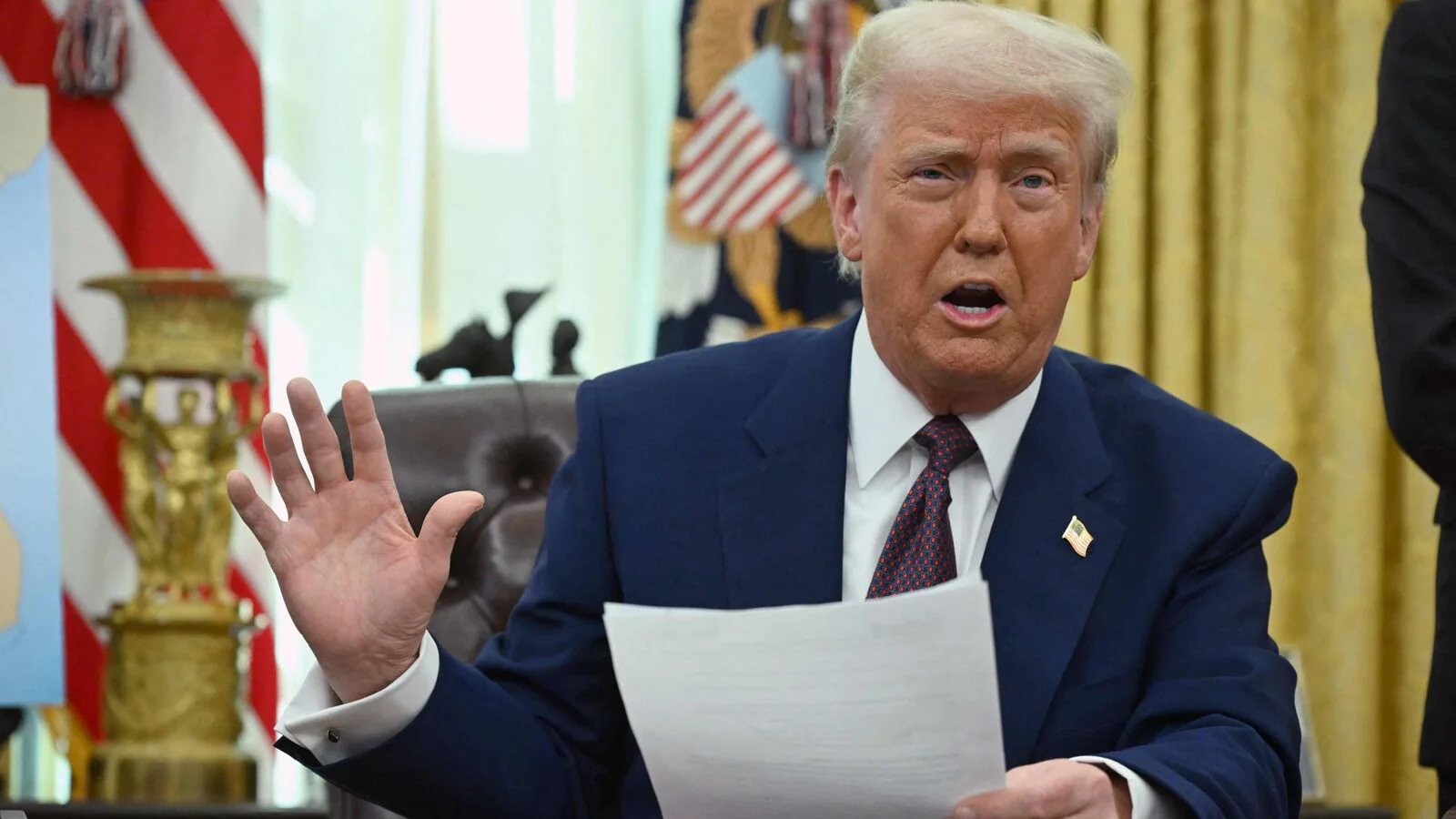
How Trump’s $5M ‘Gold Card’ for Rich Migrants Works
Donald Trump’s proposed $5 million "Gold Card" visa seeks to fast-track residency for wealthy investors, aiming to boost the U.S. economy through capital inflows

Details Emerge on Trump’s $5M ‘Gold Card’ Visa Plan
Donald Trump’s proposed $5 million "Gold Card" visa seeks to attract high-net-worth individuals to the U.S., promising economic growth and investment opportunities
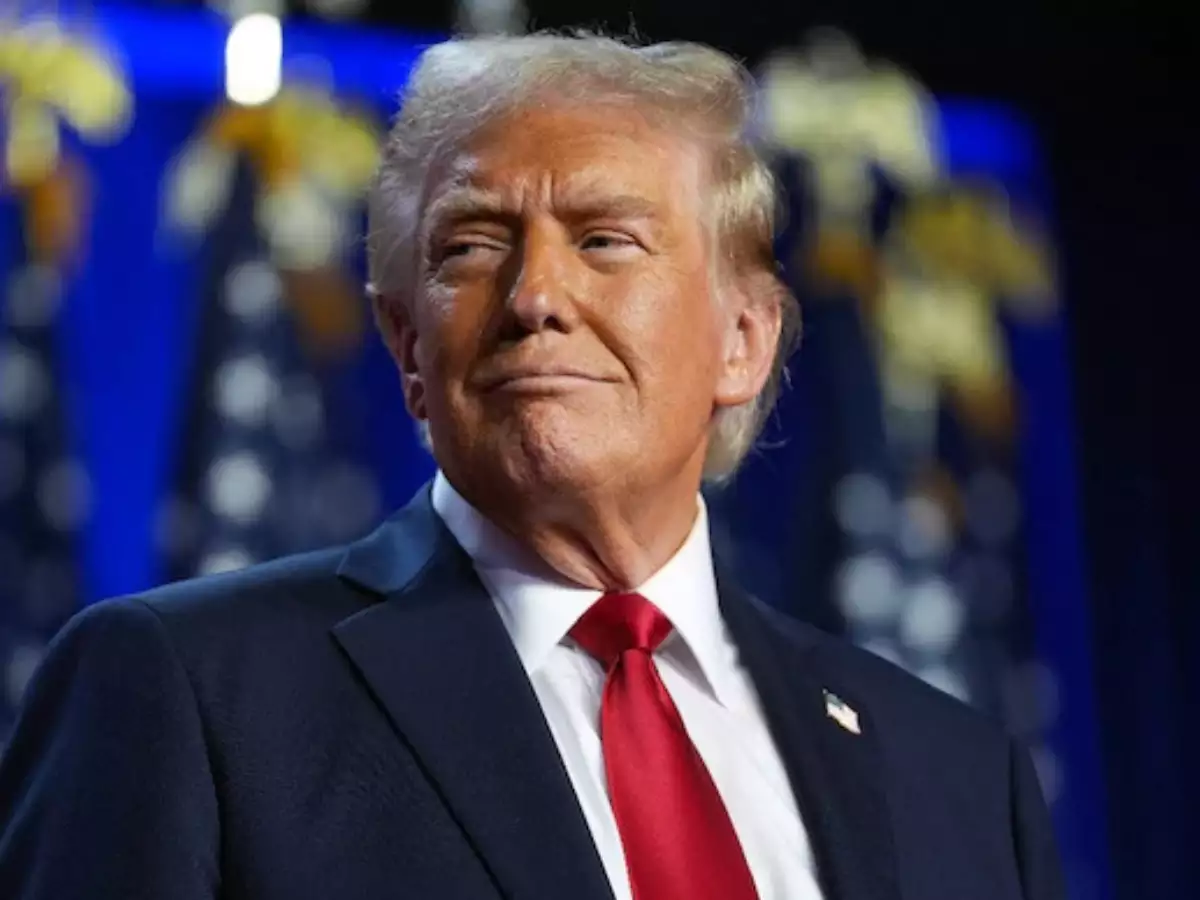
Investing Amid Volatility in Trump’s Second Term
As Donald Trump begins his second term, market volatility remains high. Investors are looking for strategies to navigate economic uncertainties and capitalize on policy shifts

Why U.S. Stocks Are Still a Smart Investment
U.S. equities continue to outperform, driven by strong earnings, economic resilience, and innovation. Investors remain bullish on long-term market growth

Stock Market Trends: The Impact of U.S. Investment Regulations
U.S. investment regulations play a crucial role in shaping stock market trends. This article explores the impact of regulatory changes on investor behavior, market volatility, and long-term market outlook